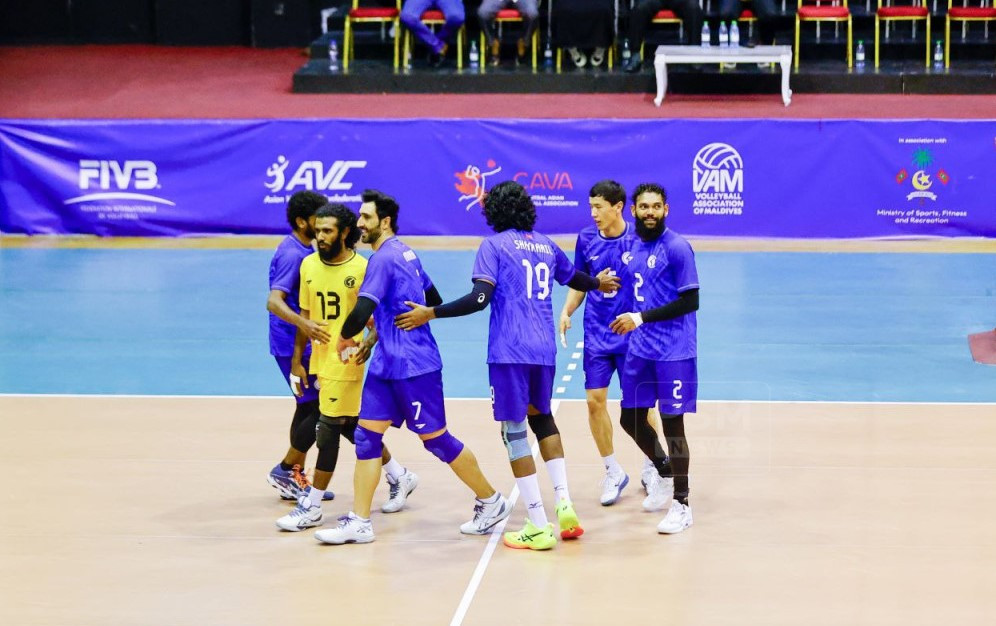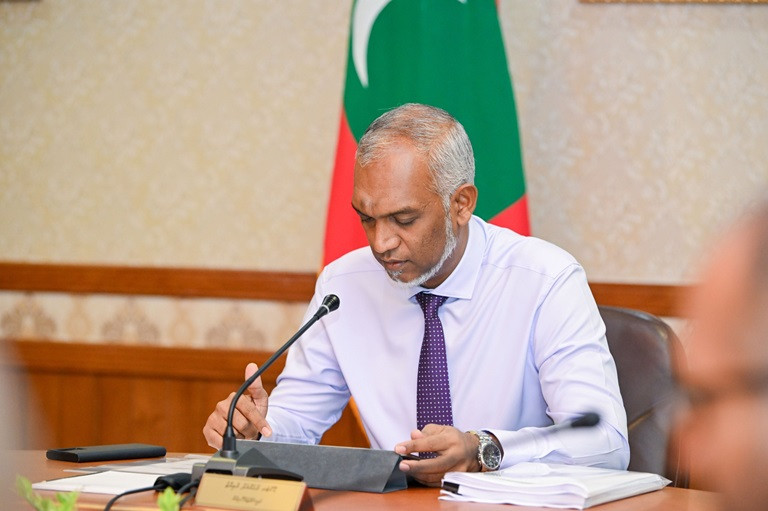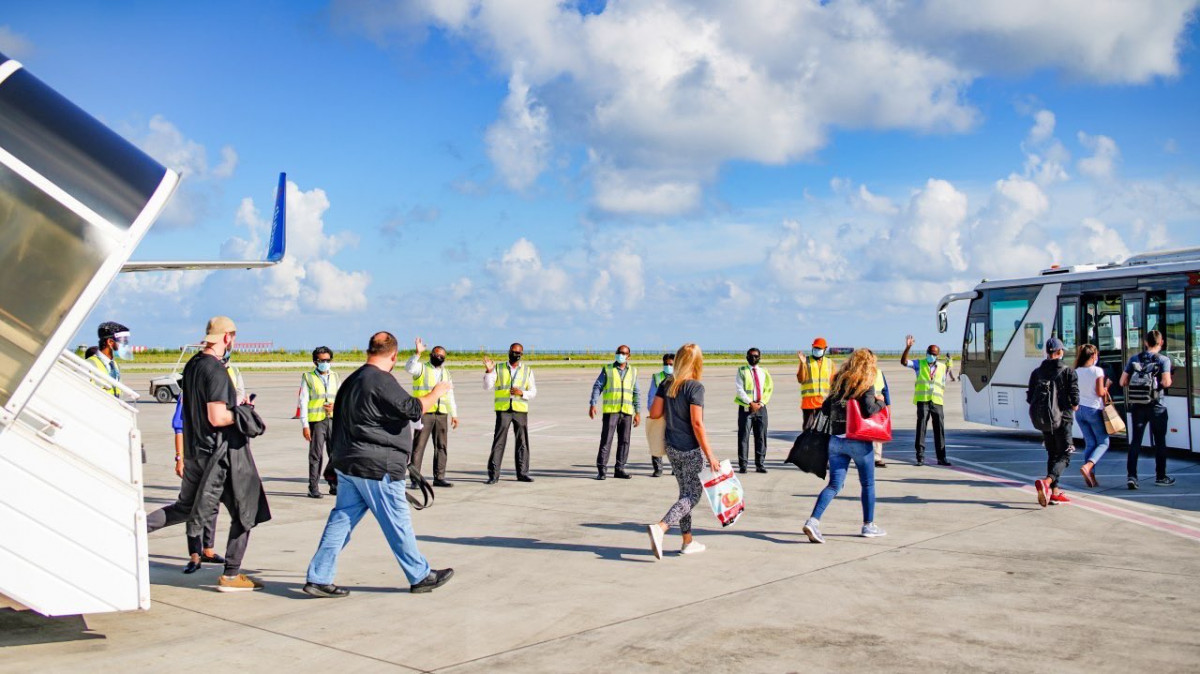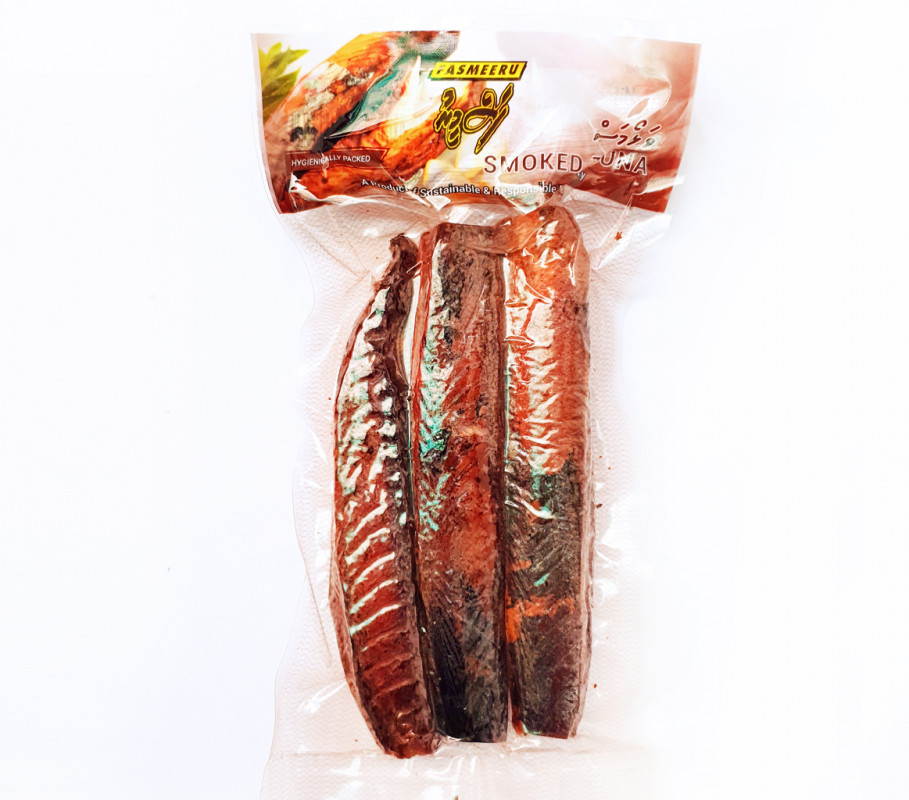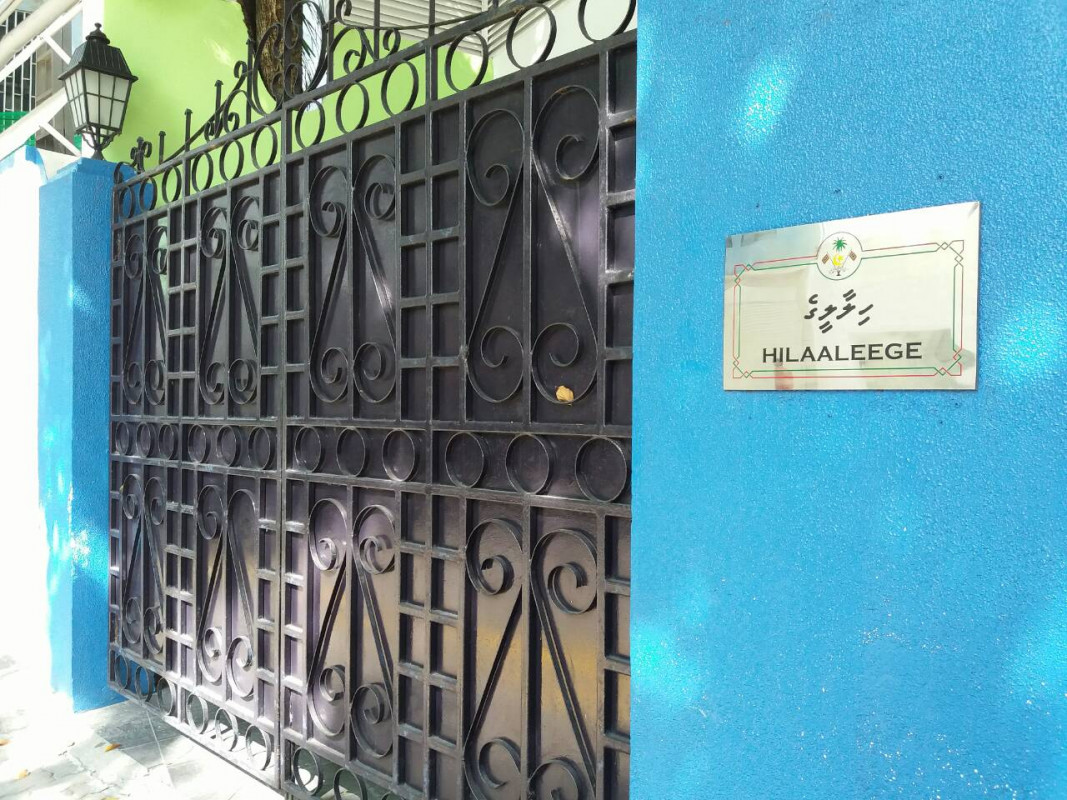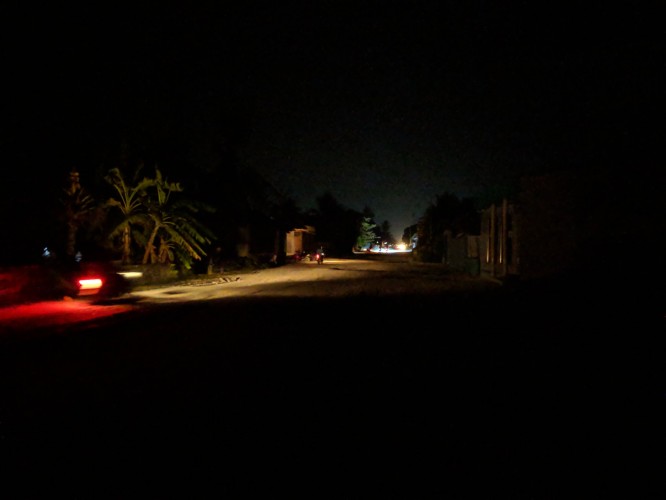Constitution does not allow for \'Haalath Al-Darurah\': MP Shahid
Shahid’s tweet comes after a parliamentary vote earlier this week on amendments to three electoral bills
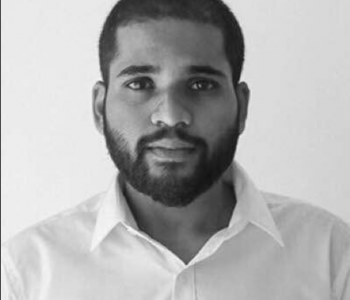
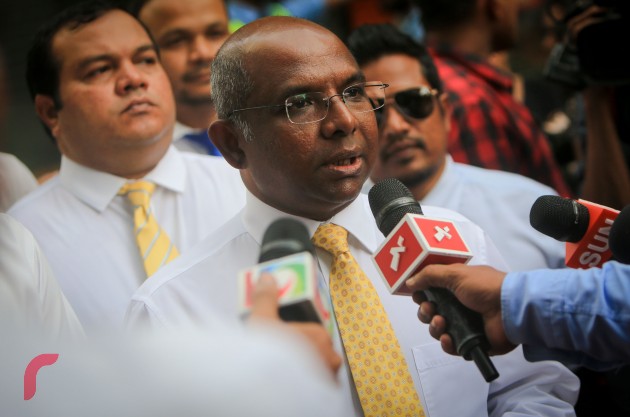
MP Abdulla Shahid speaking to journalists outside the parliamentary premises
The Maldivian constitution has clauses that allow a state of emergency but does not allow the imposition of Haalath Al-Darurah – or ‘situational necessity’ – says MP Abdulla Shahid.
The Henveiru-north constituency lawmaker said this in a post on his Twitter account, adding that any actions taken under imposition of Haalath Al-Darurah, the concept of disregarding principles of law under Islamic jurisprudence in situations of necessity, is void.
Shahid’s tweet comes after a parliamentary vote earlier this week on amendments to three electoral bills that disqualified opposition leaders Mohamed Nasheed and Qasim Ibrahim from contesting in September’s presidential ballots.
The amendments passed with 36 votes from Maldives’ 85-seat unicameral parliament, the People’s Majlis. Only pro-government lawmakers voted on the bill as opponents of incumbent President Abdulla Yameen have been boycotting parliamentary sittings after multiple no-confidence motions against its contentious speaker had been dismissed and quashed.
The votes were accepted and the bills passed on the grounds of said situational necessity. MP Shahid’s tweet on Thursday translates to, ‘the Maldivian constitution speaks of a state of emergency, not Haalath Al-Dharurah, it cannot be used to go violate statutes and laws, to do so is to undermine the constitution! Please refer to article 8 of the constitution’.
Article 8 of the constitution is on the ‘supremacy of the constitution’, which states that ‘the powers of the State shall be exercised’ in accordance to it.
Further speaking to RaajjeMV about the sentiments he expressed through this tweet, Shahid said that the Maldivian constitution mandates clear separation of powers and any imposition of clause that allows for constitutional violation and erosion of the principle of separating powers is unlawful.
The principle of Haalath Al-Dharurah has been cited by parliament speaker Abdulla Maseeh, several ministerial-level officials, and incumbent President Abdulla Yameen to justify contentious decisions, most notably to suppress constitionally guaranteed freedoms to be informed of charges against arestees and their right to be remanded before being kept in detention.
Former Attorney General, and a prominent lawyer, Husnu Al Suood - who has publically endorsed the opposition Maldivian Democratic Party - previously said that 'the Constitution of the Republic of Maldives does not account for the concept to be applied in the Maldives', and that a situation where the invoking Haalath Al-Darurah, as described in Islamic jurisprudence, has not yet occurred.
Suood further said that the principle can only be invoked in matters pertaining to criminal law, and cannot be extended to constitutional law. Suood also said that no state power – the President’s Office, the Supreme Court, nor the parliament – can invoke powers not vested in them by the constitution.
